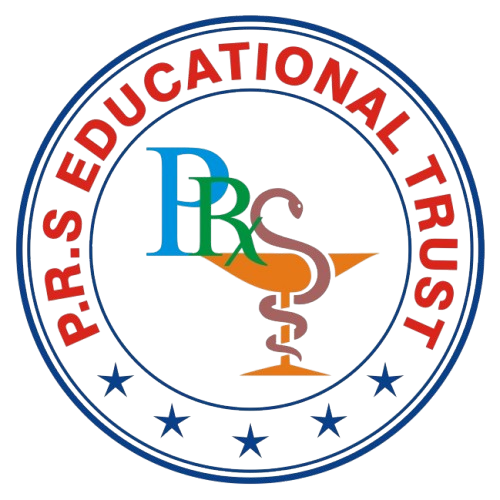Outcome-Based Education
Outcome-Based Education (OBE) aims to align educational goals, instructional methods, and assessment strategies to specific learning outcomes. The purpose is to focus on what students should know, understand, and be able to demonstrate at the end of a learning experience. The primary goal is to produce competent and skilled individuals by emphasizing measurable learning outcomes rather than just completing a curriculum. OBE seeks to tailor learning experiences to meet these outcomes, ensuring students acquire essential knowledge, skills, and competencies required for their field. By defining clear learning objectives, OBE enhances teaching strategies and assessment techniques, providing a framework that encourages critical thinking, problem-solving, and practical application of knowledge. Ultimately, OBE strives to produce graduates who possess the desired skills and capabilities necessary for success in their chosen careers and adaptability in a constantly evolving global landscape. ISAPS course in Outcome-Based Education aim to equip educators with strategies for designing curriculum, assessments, and teaching methods aligned with specific learning outcomes, fostering student competence and adaptability.
Other Benefits:
- 2 workshops
- 15 days training
- Per month online interaction with industry specialists to resolve queries.
Outcome-based education (OBE) focuses on defining specific learning outcomes or competencies that students should achieve by the end of an educational program.Some key features:
Defining clear and measurable learning outcomes or competencies that students are expected to attain by the end of the program. These outcomes are often observable, assessable, and linked to specific skills or knowledge.
Structuring the curriculum, instructional methods, and assessments to align with the defined learning outcomes. This ensures that every aspect of education contributes directly to achieving these outcomes.
Developing appropriate assessment methods to measure students’ attainment of learning outcomes. This includes formative assessments during the learning process and summative assessments at the end of a course or program.
Focusing on individual student progress and ensuring that learning experiences are tailored to meet diverse needs, abilities, and learning styles.
Emphasizing continuous evaluation and improvement of the educational process based on feedback, assessment results, and changing educational needs.
Emphasizing the development of specific skills, abilities, and practical knowledge rather than solely focusing on content mastery. This allows students to demonstrate proficiency in real-world applications.
Allowing flexibility in the pace and path of learning to accommodate different learning speeds and individual interests, enabling students to progress based on their abilities.
Leveraging technology and various educational resources to enhance learning experiences, promote engagement, and facilitate the achievement of learning outcomes.
Assessing the effectiveness of the educational program based on the extent to which students achieve the defined learning outcomes, rather than relying solely on traditional metrics like grades or seat time.
Being transparent about learning expectations and ensuring accountability for both educators and students in achieving the stated outcomes.
Outcome-based education aims to ensure that students not only acquire knowledge but also develop practical skills and competencies that prepare them for success in their future careers or further education.
Course Details:
Eligibility: Teacher/Faculty in Pharmacy
Fees: 10,999 Rs.
Duration: 6 months
CONTACT
- Corporate Office Address: BS-1202 & 1206, 12th Floor, Galaxy Diamond Plaza, Sector-4, Greater Noida (West), Gautam Buddh Nagar, U.P-201308
© 2025 All Right Reserved Prs Educational Trust


